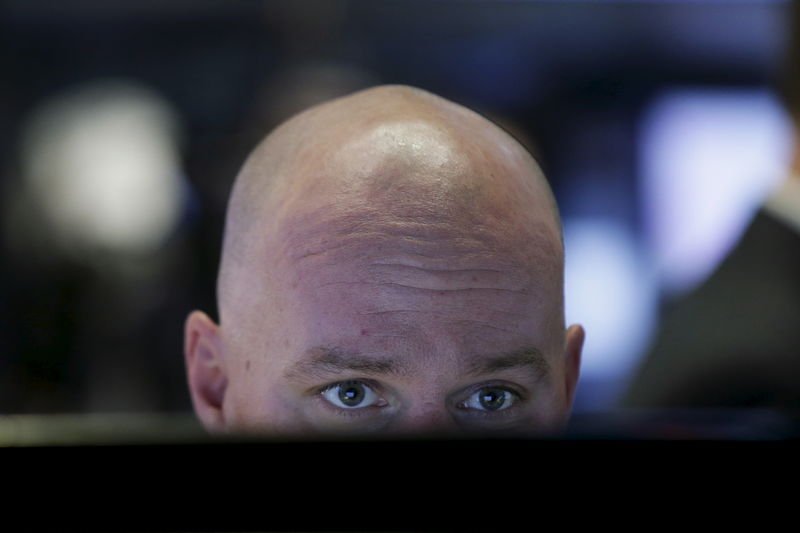By Rajesh Kumar Singh and Joanna Plucinska
CHICAGO/LONDON (Reuters) – Record summer travel demand was tipped to translate into bumper earnings for airlines – but quarterly reports are looking less than stellar.
While plenty of customers are flocking to travel destinations worldwide, airlines are finding an excess supply of seats in the price-sensitive end of the market has forced them to discount fares to fill their planes.
This week, earnings from American and Southwest Airlines (NYSE:) are expected to deliver more bad news following downbeat outlooks for the quarter from United, Delta, Alaska Airlines, and Ryanair.
Airline executives attributed the overcapacity to an overoptimistic view of travel demand, which by most standards has been robust.
Passenger traffic in the U.S. is hitting records levels this year. In the first six months, the U.S. Transportation Security Administration (TSA) screened an average of about 2.46 million airline passengers per day, up 6% from last year.
“It was just that airlines were hoping that it (demand) was going to be even stronger,” Alaska’s CFO Shane Tackett said in an interview.
In addition to the discounting pressure, new labor contracts and higher lease rates and maintenance costs have driven up the industry’s operating expenses.
In May, American slashed its second-quarter profit forecast, citing weaker pricing power in the domestic market, and while the Texas-based carrier has vowed a reboot, analysts say reversing course will be time-consuming and costly.
“American’s network leaves it more exposed to the markets currently most oversupplied and less able to offset the higher cost environment,” said TD Cowen analyst Thomas Fitzgerald.
Southwest has been hit hard by Boeing (NYSE:)’s jet delivery delays, and it is under pressure from an activist investor to oust its CEO, overhaul the board, and shake up its business.
The low-cost carrier has cut its second-quarter revenue outlook. Fitzgerald said Southwest has few levers to materially boost its revenue performance, raising the risk to its balance sheet.
Both American and Southwest will report earnings on Thursday.
EUROPE’S POSSIBLE STRUGGLES
The first quarter for European airlines was tougher than anticipated, and Ryanair’s second-quarter results offered little solace for investors on Monday.
Ryanair’s profits slumped by almost half for the quarter after ticket prices plunged 15% as customers balked at higher prices.
Analysts warn these pricing worries could spread across the sector in Europe. “More aggressive pricing by the market leader is likely to result in adverse fallout for the other European airlines,” Liberum analyst Gerald Khoo said in a note.
Deutsche Lufthansa (ETR:) slashed its 2024 earnings guidance for a second time and issued a profit warning for its second quarter last week due to weaker yields.
Earnings of British budget carrier easyJet (LON:) on Wednesday and Air France-KLM on Thursday will add clarity to the cost and revenue pressures, with some fearing that Air France-KLM may not be able to bounce back from a weaker first quarter.
European airline shares fell across the board on Monday, with Ryanair the hardest hit, down 14%.
Wizz Air CEO Jozsef Varadi said the budget carrier was still expecting yields to go up long-term, although it did face limitations tied to RTX engine checks, grounding a number of its fleet.
“I think we are doing better than this,” Varadi told Reuters, referring to Ryanair’s challenges over softer pricing.
U.S. airlines are now moderating capacity. Annual domestic seat growth is estimated to slow to 3% in the September quarter from 6% a quarter ago. Some carriers hope this will boost their pricing power, but that may not be enough to increase earnings.
United currently expects full-year earnings to fall to the low end of its $9-to-$11 per share forecast. The company is banking on rivals to further reduce unprofitable flying to help lift profits.
“While we see this incredible inflection upon us in the industry, the precise timing and magnitude is difficult to call,” United’s President Brett Hart told investors on Thursday.
Read the full article here


